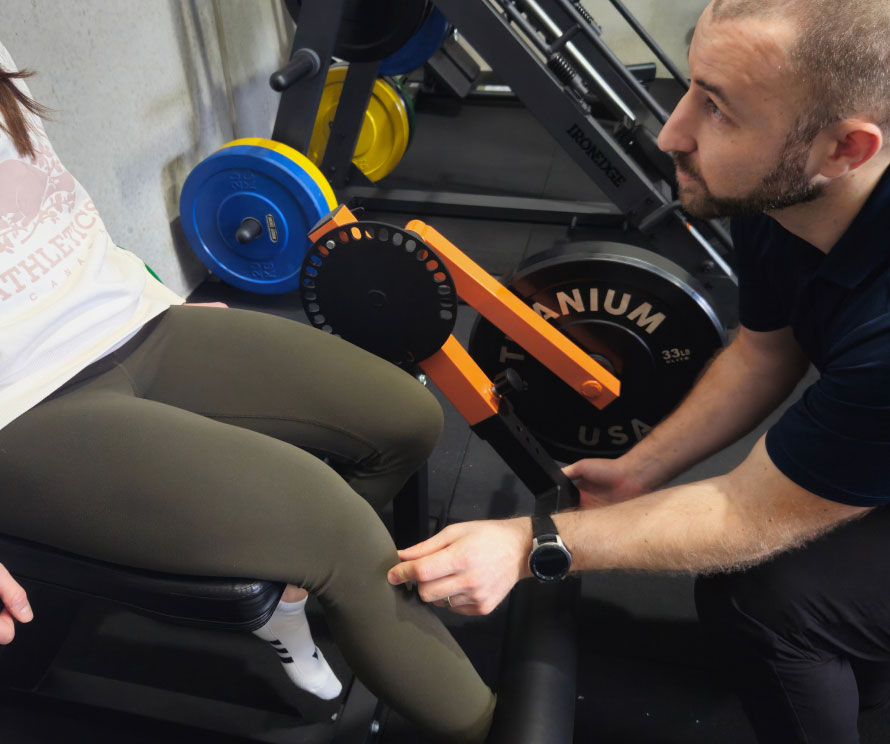At Ryan Harris Physiotherapy, we provide a comprehensive approach to ACL rehabilitation, tailored to meet your specific recovery needs.
Here's how we can assist you:
Informed Decision Making: The decision to have surgery for an ACL injury is not your only choice. Non-surgical options are also available and can often result in a quicker return to sport. Our physiotherapists will help you make the best decision for your situation by giving you the most up to date treatments available for your recovery.
Pre-Surgical Preparation: Strengthening and conditioning your muscles and joints before surgery can significantly enhance your post-operative recovery. Our pre-surgical programs focus on exercises that improve knee stability, flexibility, and overall strength.
Post-Surgical Rehabilitation: Our structured rehabilitation programs are designed to help you recover effectively after ACL surgery. We focus on reducing pain and swelling, improving knee mobility, and restoring strength through a series of progressive exercises.
Non-surgical ACL Rehabilitation: Non-surgical or conservative ACL rehabilitation programs are becoming more common. This approach often allows for a quicker progression through your ACL rehabilitation without the common post-operative restrictions. Our structured rehabilitation programs are goal based to help you progress quicker and safer than with a time based approach.
Manual Therapy: Our physiotherapists employ manual therapy techniques, such as massage and joint mobilisations, to improve knee function, alleviate muscle tension, and enhance blood flow to the injured area.

Functional Training: We incorporate functional training exercises that mimic daily activities and sports-specific movements. This helps facilitate a smooth transition back to your active lifestyle and ensures you are well-prepared for the demands of your sport.
Guided Return to Sport and Performance: Returning to your sport is a big step after any ACL injury. We focus on a graded return to sport process that does not stop once you step foot onto the oval/court. Our aim is not just to get you back to sport but also to get you back performing better than ever.
Injury Prevention: Learning effective strategies and exercises to minimise the risk of re-injury is a crucial part of our rehabilitation programs. We provide education on proper techniques, movement patterns, and strengthening exercises to ensure long-term knee health.
